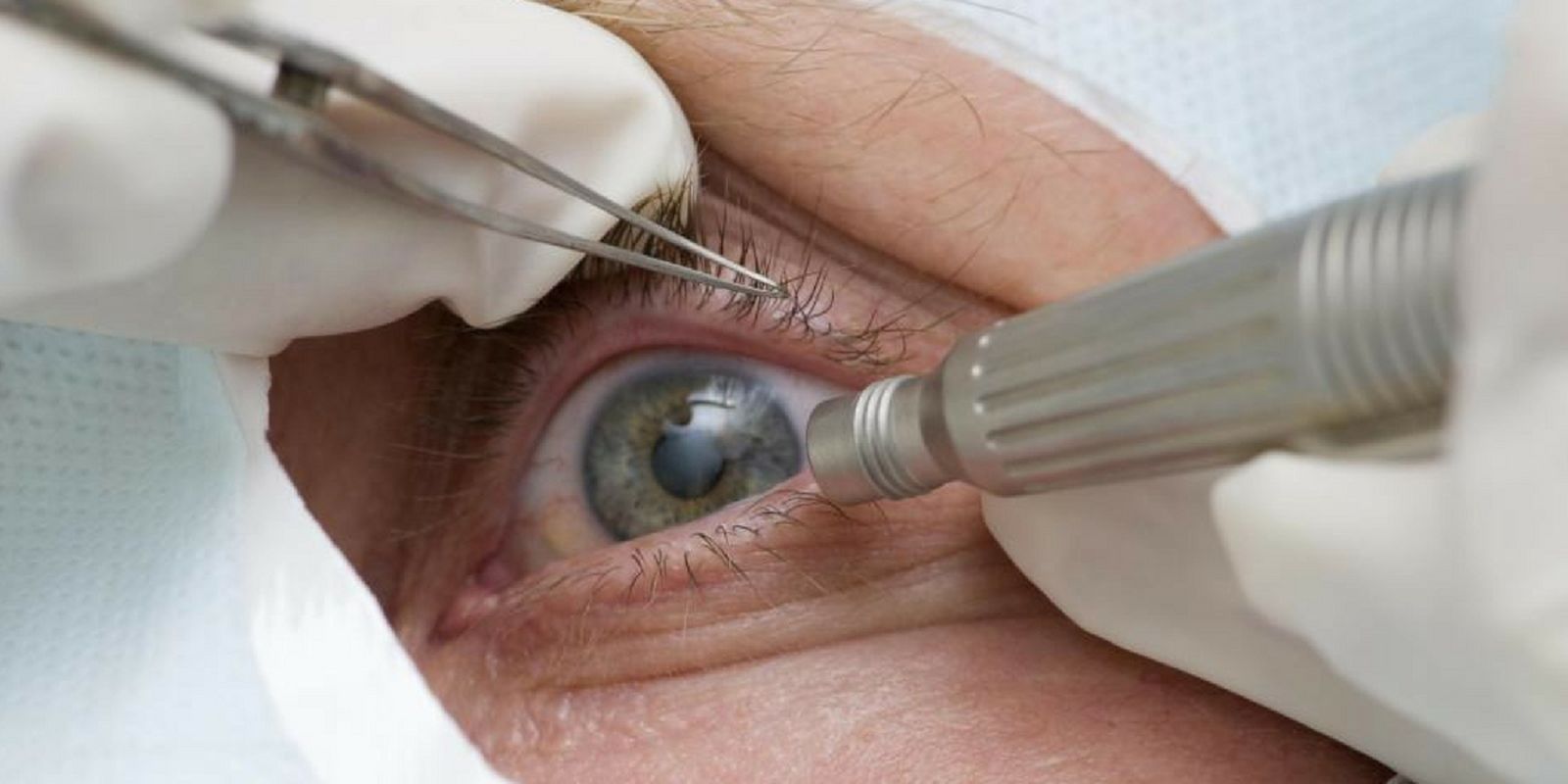The Brazilian Council of Ophthalmology (CBO) warns that ophthalmological joint efforts, especially those in which surgeries are performed, must comply with all the technical recommendations necessary to protect the health of patients.
The alert is necessary, as it comes in the wake of a “serious fact”, which is the occurrence of at least 40 cases of post-surgical eye infection among people undergoing an ophthalmological operation during a task force that the Rondônia Health Department promoted. in Porto Velho, in February of this year.
The council argues that the case in Rondônia once again draws attention to the obligation of municipal and state managers, as well as health professionals who participate in the collective efforts, to observe safety parameters, including the sanitary norms in force, to avoid the occurrence of facts such as those recorded in the capital of Rondônia.
In a note, the council reinforces the warnings of other medical entities that, for some time, have highlighted the importance of safety protocols during the task forces. Case of the Regional Council of Medicine of Bahia (Cremeb). Since at least 2016, the Bahian entity has drawn the attention of society in general and health professionals in particular to the necessary care the performance of surgical procedures during the task forces.
“Cremeb has long drawn the attention of physicians to the importance of observing patient safety protocols and reporting any irregularities to the board.” note de 2018. “In these circumstances, the risks of complications increase, especially in the follow-up phase in places without conditions or qualified personnel, and the success of a surgery directly depends on this subsequent follow-up.”
queues
According to medical entities, task forces have been adopted in various regions of the country, for some time, to minimize the “chronic problem of waiting lines for elective surgery” in the public health network. Although they are not opposed to the initiative as an emergency measure, class organizations warn that collective efforts do not always follow safety recommendations, which can “generate complications, with important deleterious effects”.
In a note released yesterday (17), the CBO asks that, when planning a task force, public managers adopt strategies to avoid overloading health professionals and the infrastructure used, from pre to post-surgical. And that those responsible ensure that surgical care and procedures take place in appropriate environments, in the presence of specialized doctors and trained teams with access to the necessary equipment, supplies and medicines.
“Insisting on the organization of actions of this type, on a large scale, without following recommended recommendations reveals a reckless attitude, which exposes the population, especially the most vulnerable groups, to developments that can lead to illness and irreversible loss of vision (partial or full) )”, warns the president of the CBO, Cristiano Caixeta Umbelino.
Investigation
The 40 cases of endophthalmitis recorded during the cataract task force held in Porto Velho are being investigated by the Regional Council of Medicine of Rondônia (Cremero). According to the entity, about 360 people were operated on over three days, by professionals from a company hired by the state health department.
According to the regional council, 13 of the 40 patients who had the post-surgical infection tested positive for contagion by a bacterium, pseudomonas, whose action is considered serious and can cause loss of vision.
In a note released last week, the president of Cremero, Ellen Santiago, was emphatic when commenting on the organization of the task force in Porto Velho: “An abusive number of surgeries [foi] performed per day, [sendo] difficult to keep procedures and patients safe.”
Last Monday (14), the Health Department of Rondônia reported that it monitors the treatment available to all people undergoing surgery, especially those who had complications. According to the ministry, more than 15,000 cataract and pterygium operations have already been carried out in eight cities in the state (Ariquemes, Cacoal, Jaru, Ji-Paraná, Porto Velho, Rolim de Moura and Vilhena, in addition to Porto Velho), within the scope of the called Project See.
“It is a grandiose, daring project that really came to solve the cataract problem in Rondônia, where many people have been waiting for a solution for so many years. Of 15 thousand surgeries performed, which is a large number, unfortunately there were these 40 patients with an infectious process. Within a surgery, complications can happen”, highlighted the state secretary, Fernando Máximo.
According to the secretary, at the beginning of the current administration, there were those who had been waiting for cataract surgery for more than eight years, at least 500 people without sight due to cataracts. The folder guarantees that the task forces not only reduced the waiting time, but also restored vision to about 400 people.
An investigation was launched to investigate the causes of the infection. In addition, the Public Ministry of Rondônia established a procedure to investigate the responsibilities for the “possible failure in the provision of service by a medical company that acted in the joint effort of ophthalmological surgeries carried out by the government” of Rondônia.

















